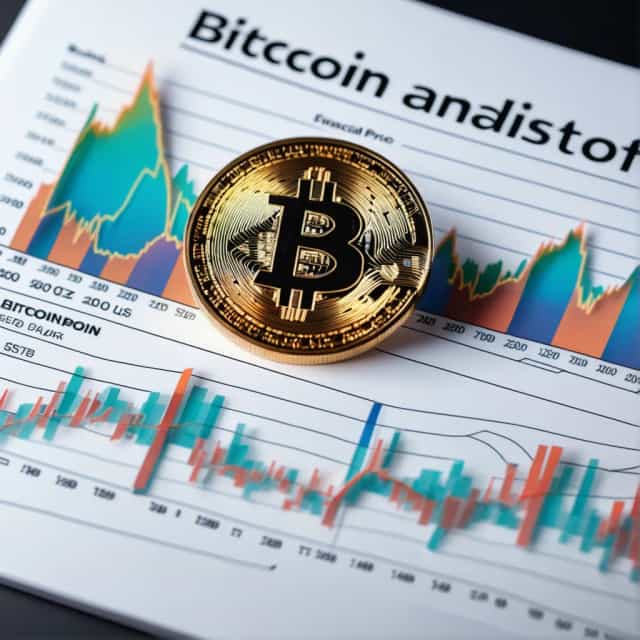
출처: Block Media
South Korean Markets Performance: KOSPI Drops 0.98%, KOSDAQ Declines 0.81%
South Korea’s financial markets experienced a downturn on the 23rd as the benchmark KOSPI index fell 38.12 points, representing a decrease of 0.98%, to close at 3,845.56 from its previous session level of 3,883.68. Similarly, the KOSDAQ index registered a decline, losing 7.12 points or 0.81%, and ended the trading day at 872.03 compared to its prior close of 879.15.
Widespread Market Weakness
The day’s losses signal broad-based declines, underscoring mixed investor sentiment. Participants in the market appear cautious amidst persistent uncertainties in the global economy. Factors such as fluctuating global economic indicators and potential adjustments in monetary policy are at the forefront of investors' concerns, shaping trading behavior and influencing index performance.
Focus on External Economic Indicators
South Korean markets are closely tied to international economic trends, with shifts in U.S. Federal Reserve policy and other macroeconomic influences serving as key variables. Investors are keeping a watchful eye on signals that could shed light on the direction of inflation, interest rates, and broader financial stability. These external dynamics remain pivotal, driving both short-term fluctuations and longer-term strategic positioning across equity indices like KOSPI and KOSDAQ.
Sentiment and Uncertainty Reflect Market Movement
The observed declines reflect a general hesitancy among traders to commit heavily amid ambiguous signals from the global financial landscape. Market sentiment continues to waver, as geopolitical pressures, fluctuating commodity prices, and divergent monetary policies across major economies create ripple effects in South Korea’s exchanges.
Outlook for South Korean Markets
As market-watchers digest the latest performance metrics, attention is now shifting toward upcoming policy meetings, global economic data releases, and geopolitical developments. Both the KOSPI and KOSDAQ indices remain vulnerable to external shocks, with incremental adjustments likely as investors respond to fresh data and evolving global conditions.
While the KOSPI's 0.98% drop and the KOSDAQ's 0.81% decline reflect relatively moderate losses, they serve as reminders of the interconnectivity between South Korea’s financial markets and the broader global economic ecosystem. Market participants must continue to evaluate risk, monitor trends, and adapt strategies in response to the shifting financial climate.










